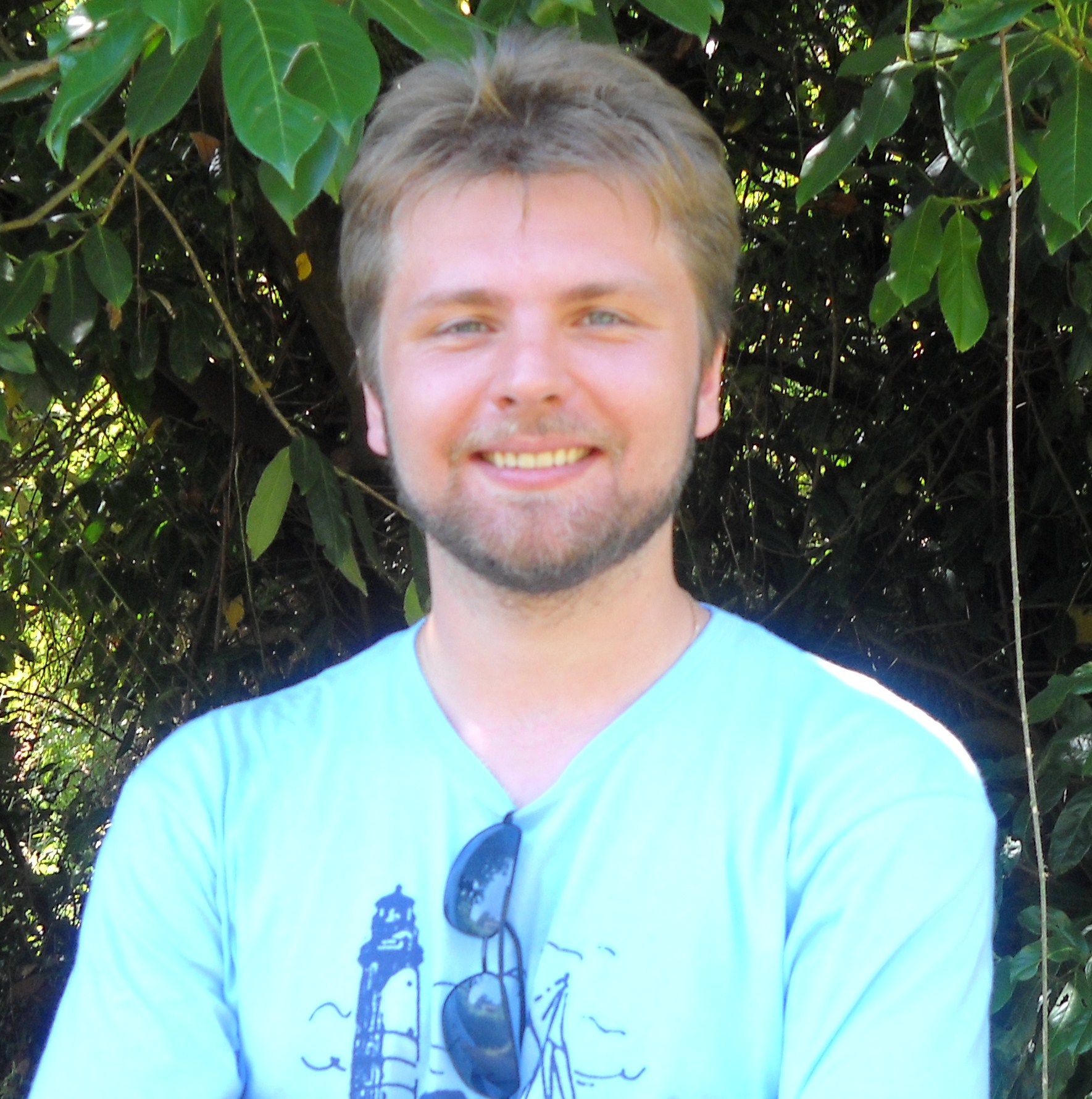
| Einrichtung: | Graduate School of Politics |
| Anschrift: | Gescherweg 78 48161 Münster |
| E-Mail: | mihai_murariu85 AT yahoo DOT com |
Projekt
„Charisma, Authority and Legitimacy in Totalist Ideocracies “
Monism has been portrayed as an extraordinarily resilient – and dangerous – idea in the West ever since Plato’s time, based on the premise that there is a single, final answer to all questions, which, together, form a single, cohesive and harmonious whole. And indeed, monism and its variants have represented, at the same time, one of the pillars of Western thought, as well as the direct or indirect origin of totalism. I define totalism as an all-encompassing worldview with a high degree of internal consistency, which is able to explain the world and order the individual’s role within it, seeking to reshape all levels of public and private life. We may thus call totalist movements with all-encompassing ideologies, which seek to control and regulate all or most levels of public and private life in accordance with their claims to a Sole-Truth and which, as a rule, do not accept the validity of other truth-claims. Whether springing from a religious, hybrid or fully secularized form, totalism arises from the tension between idealized and lived reality, between transcendent and profane existence. The politically active heterodoxies which supported such a system pursued the complete restructuring of the here-and-now, whilst uniting ultimate meaning with instrumental values (Wertrationalität and Zweckrationalität). The term totalism is, in some respects, connected with the more famous totalitarianism, yet one of their crucial differences lies in the fact that totalist systems may survive or even thrive without intense repression or coercion, whereas such a development would be problematic or impossible for a totalitarian state.
The overall aim is to develop a new theory on the origins, dynamic and structure of totalism. Furthermore, the thesis is a pursuit of the similarities in the genesis, structure and development of totalism and the extremism which may result from it. In dealing with totalism we will discuss a specific form of mixing politics, religion and an ethical/moral vision – a mix which has not been adequately dealt with in most of the existing literature. As a result, the thesis tracks the development of a successful totalist movement from a minority force struggling against the dominance of the state – or of another group - into a mass-movement which attains political dominance at state level.
Forschungsgruppe
Herr Murariu ist Mitglied der Forschungsgruppe "Politische Theorie" und wird von Prof. Dr. Ulrich Willems betreut.
Werdegang
Ab 11/2011 Aufnahme in die Graduate School of Politics an der Westfälischen Wilhelms-Universität Münster Ab 04/2010 Promotionsstudium an der Westfälischen Wilhelms-Universität Münster, Fakultät für Politikwissenschaft 10/2007 - 03/2010 Doppeldiplom-Student an der Westfälischen Wilhelms-Universität Münster, Fakultät für Politikwissenschaft, Abschlussarbeit zum Thema „Political Symbols in Romanian Authority Cults (1914-1944): Saviours“ 10/2004 – 08/2007 Doppeldiplom-Student an der “Babes-Bolyai” Universität, Cluj-Napoca, Fakultät für Europastudien, Bereich: Internationale Beziehungen 10/2004 – 08/2008 ,,Babes-Bolyai” Universität, Cluj-Napoca, Moderne Sprachwissenschaften, Bachelor of Arts, Abschlussarbeit zum Thema „Dacia and Roman Britain. A Comparative Analysis“ Publikationen
- “The Political Uses of Spatiality: Temporality, Telos, Legitimacy”, Studia Europaea, (3) November, 2012, pp. 169-188
- “The Myth of Russian Eurasianism”, journal360, (1) 2009, Online Version
Weiteres
Arbeits- und Forschungsschwerpunkte
- Modernity, European Exceptionalism
- Political Utopianism, Eschatology, Secularization
- Totalism, Authority, Legitimacy
Konferenzbeiträge
- “Three Pillars of Modernity: Telos, Temporality, Totalism”. Präsentiert auf der “Radical Secularization?” Konferenz, 20-22 September 2012, Antwerpen, Belgium

